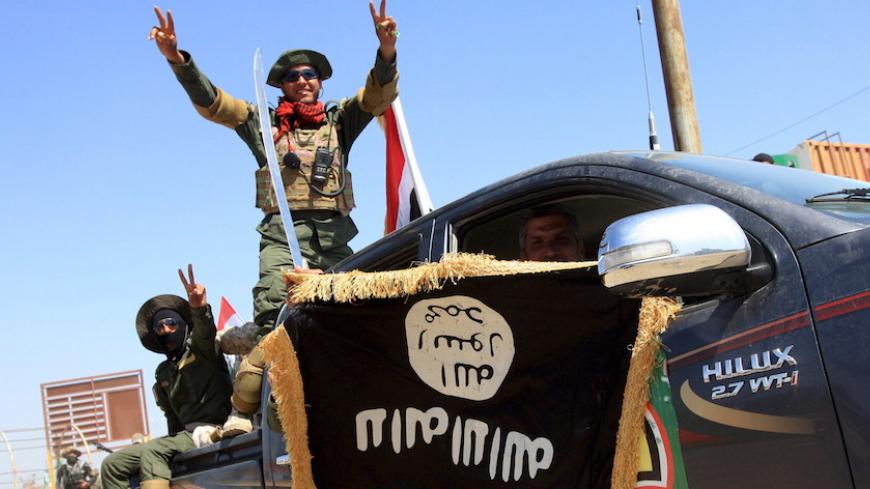On the evening of April 2, Iraqi Prime Minister Haider al-Abadi announced the liberation of Tikrit from the Islamic State (IS) and the raising of the Iraqi flag over the local government building. Tikrit is the first major Iraqi city to be retaken from the extremist group. IS first occupied Fallujah in January 2014 and then took Mosul and Tikrit in June. The liberation of Tikrit is informative in a number of ways in highlighting the approach needed for success in future battles against IS.
First, the military operation in Tikrit was an example of the integration of the Iraqi army and police on the one hand and the Popular Mobilization Units and the tribes on the other, along with support from the international coalition assembled to launch airstrikes against IS. The coalition played a pivotal role in targeting IS fortifications in Tikrit.



